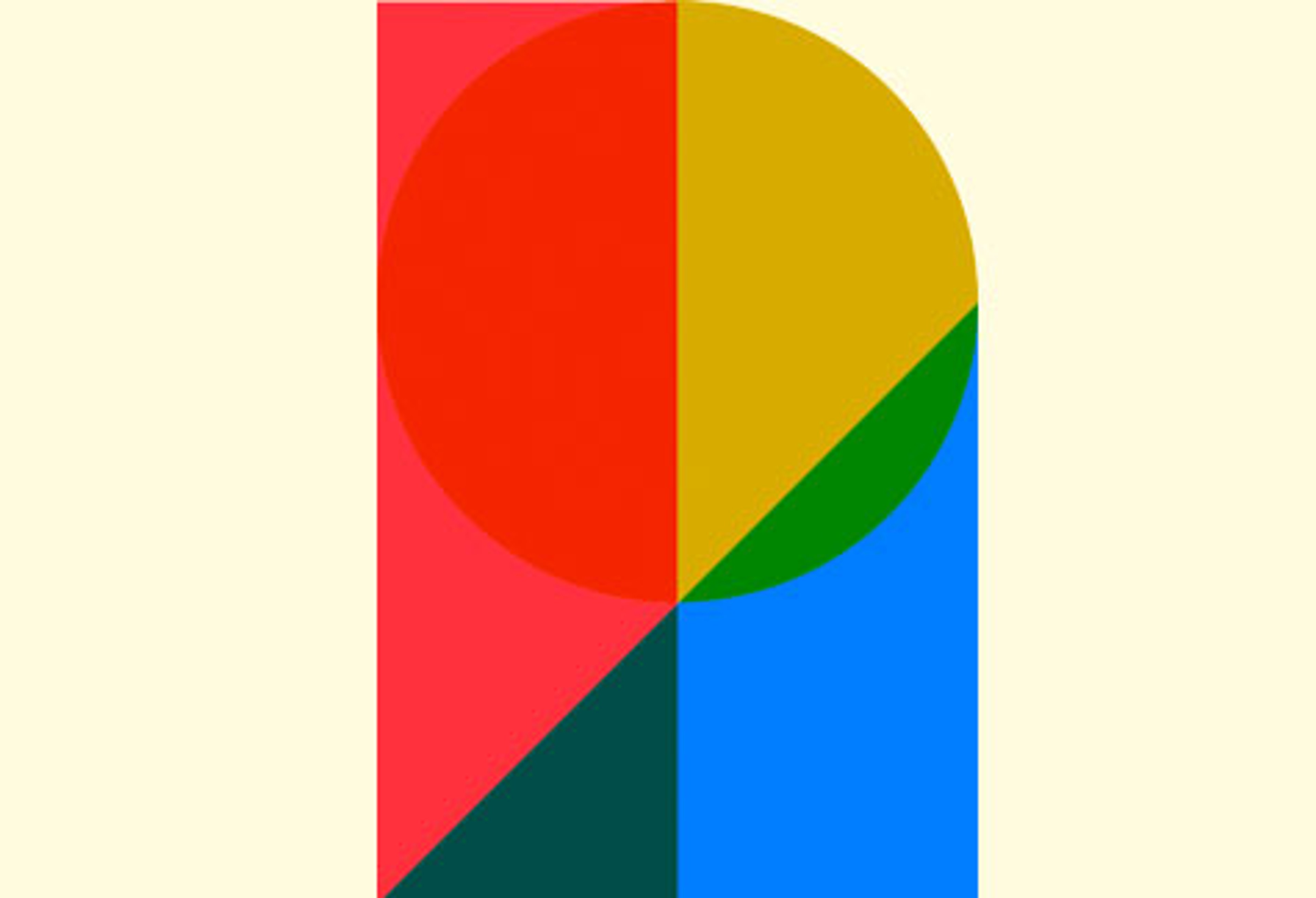Transformations of the Human (ToftH) Launches a Pilot Project in the Bay Area
The Transformations of the Human (ToftH) program at the Berggruen Institute is establishing, with support from Reid Hoffman, a presence in the Bay Area for a one-of-a-kind curriculum experience.

Designed by Tobias Rees, this unique research and postgraduate curriculum will provide students with the tools to identify and address the profound philosophical transformations brought about by technology. Students will learn how to identify the ways in which technology disrupts the 19th-century ideas and institutions that organize how we live; how to invent concepts that bring these new, technically enabled realities into view; and how to use the tools of philosophy and to invent technologies that, like works of art, do not only disrupt old, but also provide new, concepts and philosophies, that change how we can live.
ToftH will sponsor up to 12 student positions at their offices in the Bay Area from December 2021 through June 2022. A stipend will be granted to all successful applicants.
Please submit applications at www.ToftHschool.org. The application deadline for the 2021-2022 is September 7, 2021.
About the ToftH cohort:
ToftH students can be academics, technologists, or artists, but above all must be ready to commit to deep intellectual concept work and curious about artistic practice. Applicants should have demonstrable expertise in an appropriate field of study and a serviceable knowledge of the basics on cutting edge technologies such as AI/machine learning, quantum, and/or biotech.
The ToftH Fall 2021 cohort will work from the Berggruen Institute’s office in Oakland, California and will be trained under Rees, ToftH staff researchers, and outside faculty. Students will have access to scholarly resources and will be joined by industry and discipline leaders in philosophy, AI, biotech or art as guest lecturers and trainers.
Scholars and artists such as Yuk Hui, Drew Endy, Stephanie Dinkins, Pierre Huyghe, Yann LeCun, Kate Darling are only some of the esteemed individuals who have taught or lectured exclusive modules for ToftH in the past. The course will have access to highly sought-after thought leaders for their dedicated teaching weeks, either in person or virtually.
At ToftH, we seek teams of scholars, artists, and thinkers eager to work together on the theme of conceptual boundaries that limit our horizon for expansive thinking. Upon successful completion of the seven-month course, some students, those that exhibit a strong affinity and capacity for the program’s ambitions, may be invited to join the program as staff. The program also supports the endorsement of further study or applications for work in other venues and organizations. We will be looking to find successful conclusions for all ToftH Alum and aim to support students after the study period.
We invite candidates to submit applications and to learn more at www.ToftHschool.org
About the ToftH curriculum:
The course launches with a deep reading of the history of concepts that frame our thinking about the human and nature and technology today and makes steady comparisons between Western and Eastern philosophies. Next, we study the many ways in which current technology, from AI to synthetic biology or neurotechnology, troubles these concepts and creates new, not yet conceptually or institutionally stabilized realities. The curriculum culminates in labs designed to bring philosophy, art, and technology together in a single practice that would allow to build technologies as philosophical interventions: as an opportunity to dissolve old and provide new concepts/philosophies to live by.
The final block of the curriculum is an internship in ToftH projects with ToftH Researchers who work at client sites like Google and Facebook.
A full curriculum will be available in August.